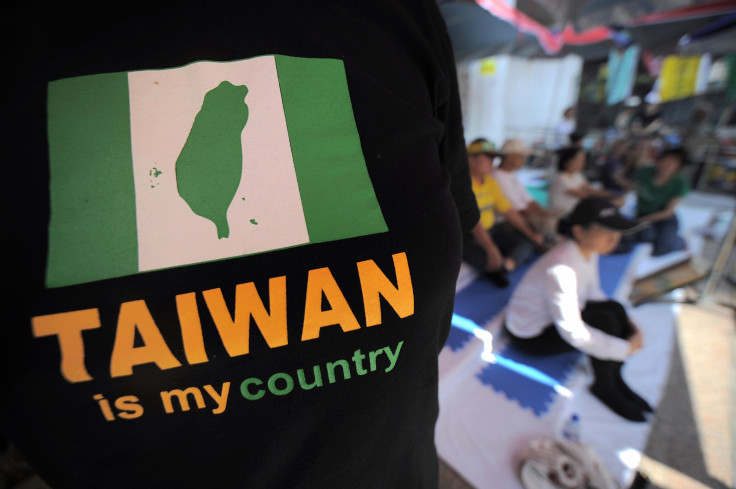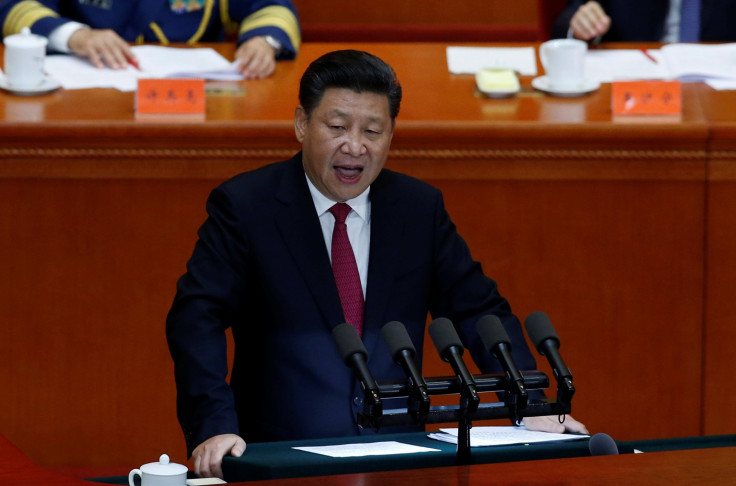China's Xi Says Communist Party Ready To Struggle Against Challenges In Hong Kong, Taiwan

Chinese President Xi Jinping has named Hong Kong, Macau and Taiwan as the areas where Communist Party members face major risks and challenges that must be confronted. His comments were made during a speech to mid-career officials at the Central Party School on Tuesday.
The tone of his speech indicated that Xi ranks this issue over other challenges such as the ongoing trade war with the United States and other issues that will have economic and strategic impacts on his country.
Xi said, “Cadres [a small group of trained people who form the basic unit of a military, political, or business organization] must be vigilant to any wind of change. They must know a deer passing by the rustle of grass and leaves, they must know the coming of a tiger by feeling the wind, they must know the arrival of autumn by the color of one leaf.”
Hong Kong, where growing unrest has tried the patience of Xi and Beijing, was singled out as one of the challenges facing the Communist Party. The Tuesday speech came one day before the announcement by Hong Kong Chief Executive Carrie Lam that she was going to formally withdraw the unpopular extradition bill. This was the original demand that pro-democracy protesters had called for back in June.
Taiwan presents a similar challenge to China but with its own set of circumstances. Japan defeated the Chinese in 1895 and ruled the island until they relinquished control after World War 2. By then a civil war between the Communist army under Mao Zedong and the Republic of China (ROC) under Chiang Kai-shek's resulted in the ROC followers escaping to Taiwan in 1949.
Since then, China has always sought re-unification and looks at Taiwan as a breakaway province. China has said it will use force if needed to retake the island. Free of the oppressive Communist rule, Taiwan now has the U.S. as its major ally and is a growing economic power in the region. It can be assumed that a large majority of Taiwanese citizens have no desire to re-join the mainland under Xi Jinping or any other Communist regime.
Macao is less than a 15-minute ferry ride (about 7 km) from Hong Kong. It has the distinction of being the first European colony (it was a Portuguese settlement in 1557) and the final one when it was returned to China by the Portuguese in December of 1999, about two-and-a-half years after Hong Kong was returned. The Hong Kong unrest has caused Beijing to conduct a risk assessment on Xi’s plans to celebrate the 20th anniversary of the handover.
Beijing’s perspective is best described by Zhang Lifan, a Beijing-based political commentator, who said, “The representation is not new, but it reflects that Beijing sees the strategic importance and the far-reaching influence of the three regions. Beijing sees a greater threat of subversion from these three regions if [the problems] are not handled well.”

© Copyright IBTimes 2025. All rights reserved.





















